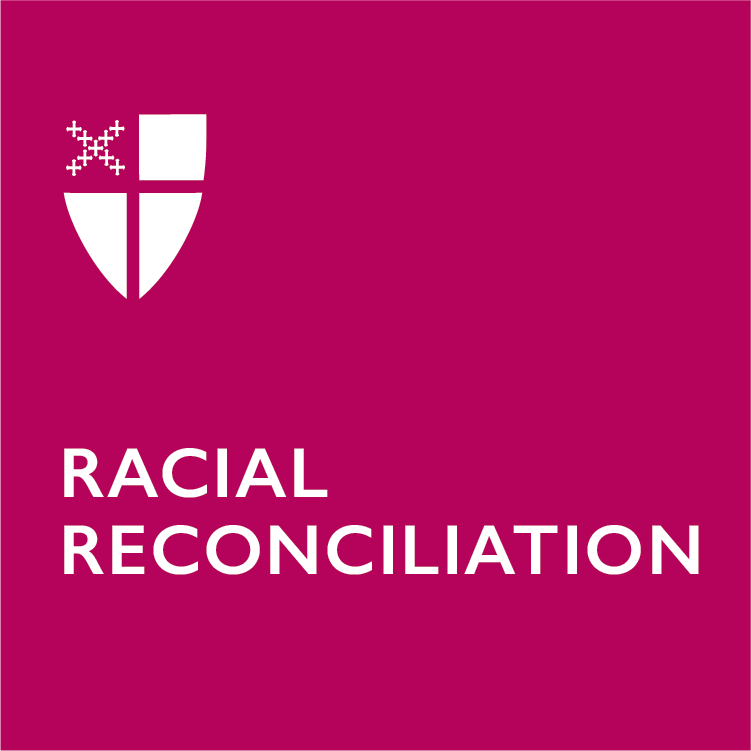By Julia Wight
People were shocked and devastated by what was happening in this country: men and women of color murdered by police, members of a synagogue shot indiscriminately, attacks on Asians, Muslims, LGBTQ+ community members, and mass shootings, including of our most vulnerable children.
It was in this environment, culminating in the murder of George Floyd, that St. John the Baptist Episcopal Church in West Seattle realized we needed to get involved. Our first step was to form a Sacred Ground Circle.
Our circle consisted of White participants and two able facilitators who led us through 10 sessions, adding an eleventh session later. We learned about white privilege and white fragility that prevent White people from coming to terms with these horrific sides of our country’s history.
These sessions were followed by another 10-session course organized by the Episcopal Diocese of Olympia and led by Iyabo Onipede, co-director of Compassionate Atlanta. She took us through a handbook on racial healing that challenged us to learn our racial identity, explore internalized racism, grieve and name racism, and learn to be an ally. We learned that to be an ally we needed to listen.
After Iyabo challenged us to think how we could contribute to racial healing, a group of us decided it was time to act, and Iyabo suggested we focus on one group. She pointed out that as we live in the Pacific Northwest, we might focus on our Indigenous neighbors. The clear choice was the Duwamish Tribe, virtually in our backyard. It seemed right as we announced from the pulpit that we were on the unceded land of the Duwamish and Suquamish people.
We decided to call ourselves Sacred Ground Action Group and now in our second year have met almost monthly. Our first course of action was to meet with our vestry and request financial support for the Duwamish Tribe, which was approved. We have donated the funds through Real Rent Duwamish, which calls on people in Seattle to pay rent to the Duwamish Tribe.
The action group agreed it was impossible to separate the Duwamish from the environment. Their land had been stolen through white colonization, and in 2001 the Duwamish River had been declared a Superfund site because of extensive pollution. When we discovered that the city, county, and port were considering lifting restrictions on toxic chemicals, one of our members created a protest petition and made it available for signatures at our church. Fortunately, these restrictions have remained in place.
We also organized a sizeable group to participate in an eco-tour that explored Duwamish land. We learned about native plants and explored the riverbank, where we saw layers of oyster shells, middens from long ago. The Duwamish are slowly buying back land.
We have been blessed to have the full support and participation from our priest, the Rev. Canon Elise Johnstone. On March 2 she organized a virtual meeting with the Rev. Carla Robinson, canon for Multicultural Ministry and Community Transformation, Episcopal Diocese of Olympia, who encouraged us and reaffirmed our work as a Sacred Ground Action Group.
—
Julia Wight has a master’s degree from the University of Washington and participates in ministries including Catechesis of the Good Shepherd and Sacred Ground at St. John the Baptist Episcopal Church.
